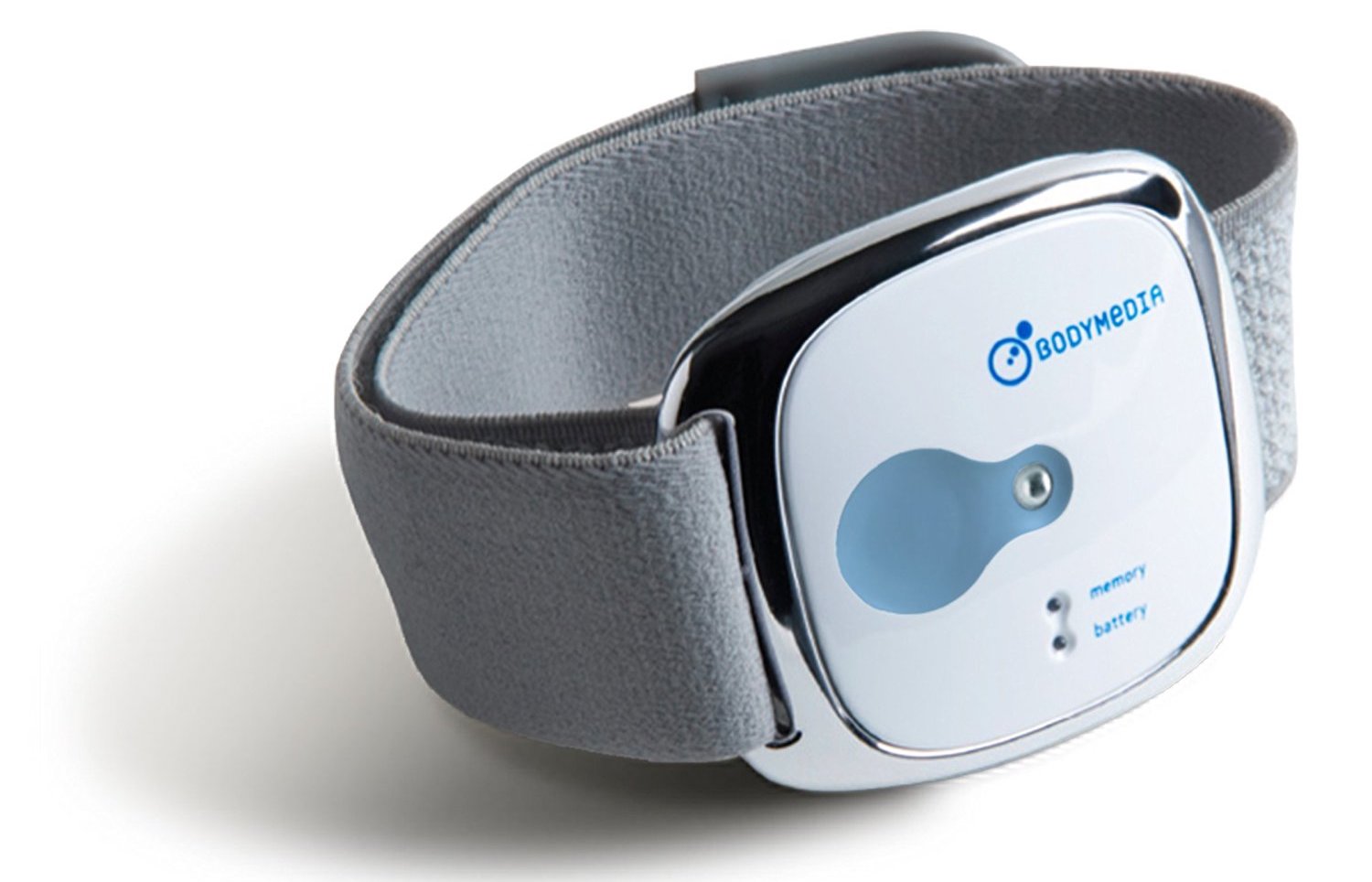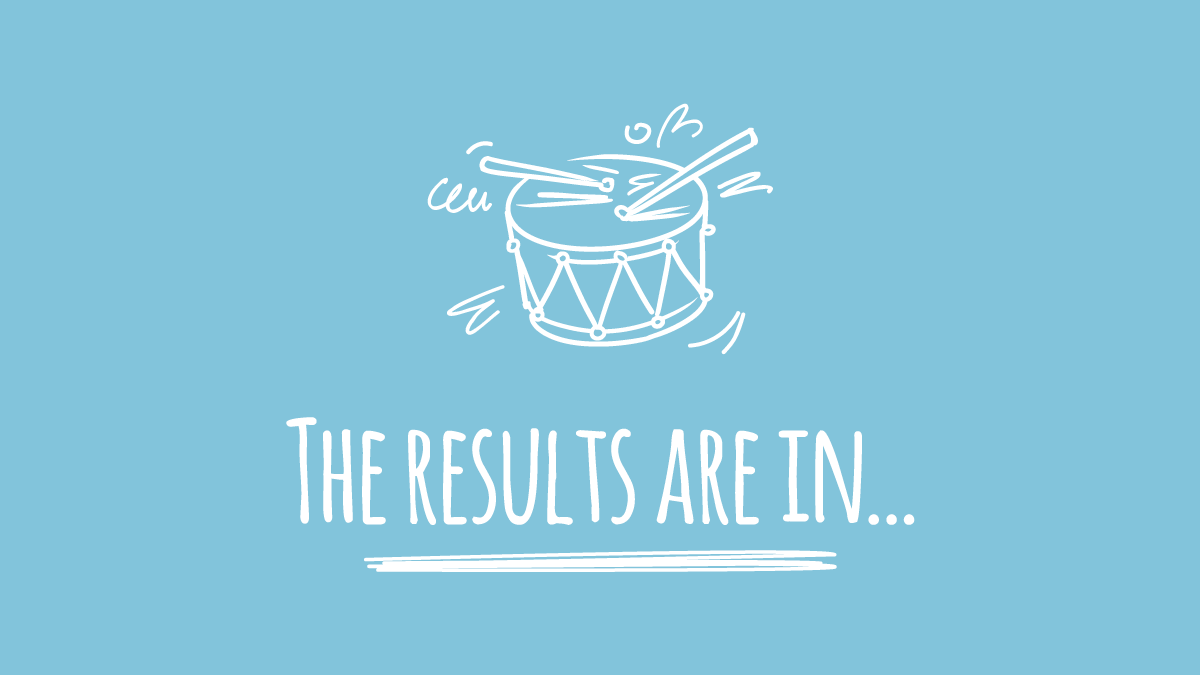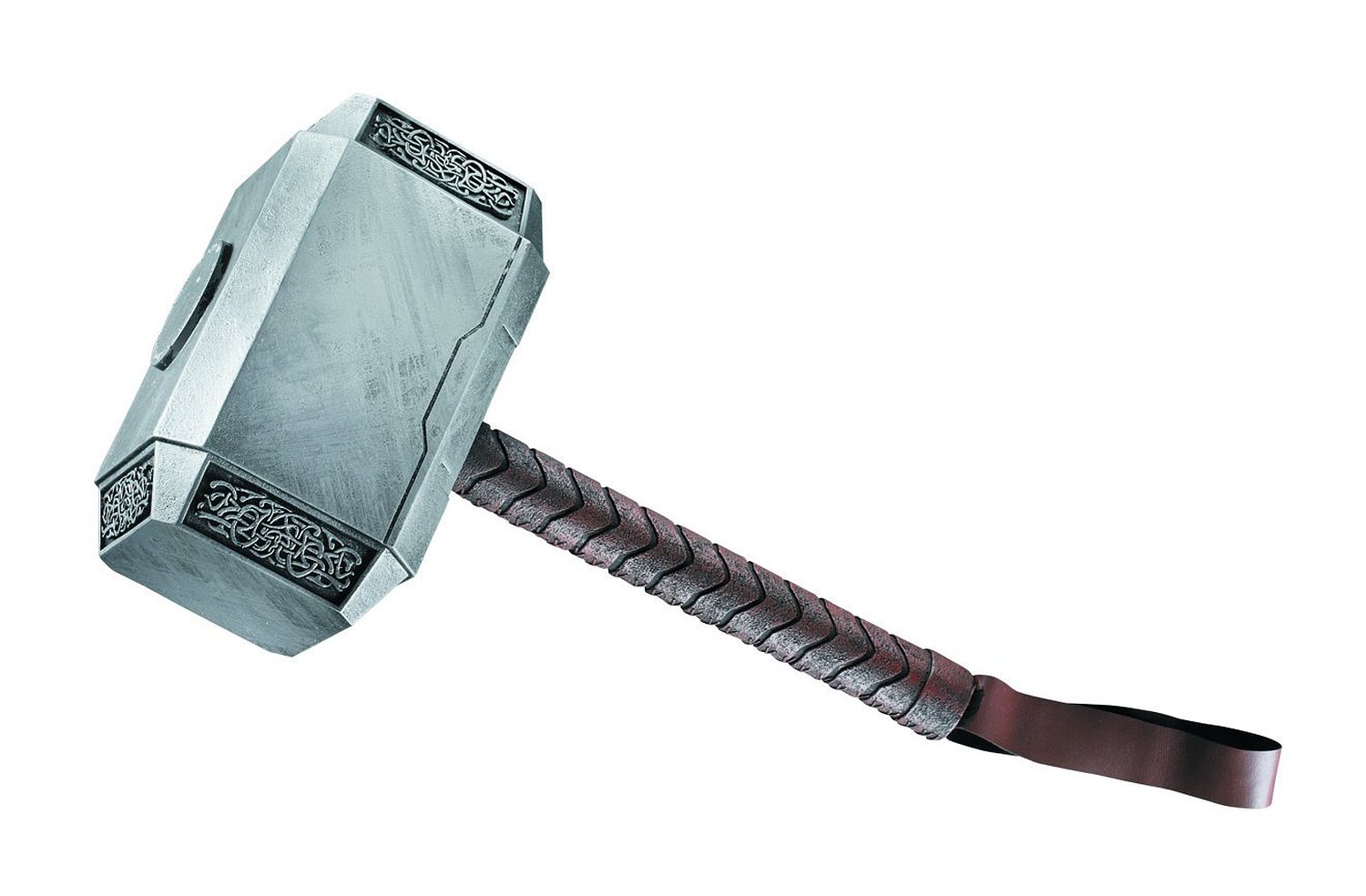Study: There’s No Magic in Fitness Wearables
NewsTech January 7, 2025 Damon Mitchell

Published Tuesday, in the Journal of the American Medical Association (JAMA), research of 471 participants over two years reveals that wearing a fitness tracker does not guarantee better results. In fact, wearing one may hinder your results.

(Source: gifrific.com)
The study conducted via the University of Pittsburgh took nearly 500 participants with a weight loss goal, splitting them into two groups to measure which performed better.
One group worked in a traditional weight loss support group, consuming a low-calorie diet, the other added in technology to help. The results were surprising to the researchers.
We’ll look a little more into the results of this study, discuss the ways they acquired the data, then give you our take on treating wearables as a magic stone. First, though, let’s look at how they set it up.
Program

(Source: amazon.in)
For 24 months, researchers put the test group on calorie restriction. Participants were between ages 18 and 35.
They were not trained, like on reality TV shows, but administrators of the study encouraged them to increase their activity. At the six-month mark, half of the group received Bodymedia fitness trackers.
A side note on Bodymedia: Jawbone has since purchased The Body Media brand and scrapped it, but the device was a very competent system. Worn on the upper arm, it was greater than 90% accurate for calorie expenditure, but also provided nutrition planning, tracking and sleep tracking. Bodymedia was so accurate, to this day no fitness tracker has bested it.
Administrators required all participants check in for progress. They all received text prompts and telephone consulting to help with their results.
The arc of those results is what makes this study interesting.
Results

(Source: radarni.co.uk)
Participants using the Bodymedia device were less successful on the average than the others. Non-device participants lost an average of six pounds more than their wearable counterparts.
These are averages, so it’s possible to find stand-out examples where the averages don’t apply. For this reason, a large sample group is better. Exceptions may be exceptional, but not a measure of what most people can anticipate for results.
In the case of this study, the outcomes surprised researchers. They did not anticipate this much disparity, in this direction.
At this point, they can only speculate why data did not help. Maybe the fitness tracker lulled participants with activity numbers suggesting they could ease up on their food intake. Maybe low expenditure data discouraged participants.
Nobody but the participants know, if anyone.
Methodology

(Source: realtimeadvisory.co.ke)
The first thing with research is to consider a few key points. When the goal of the study is to learn more about humans, using real people is better than using pre-existing data or performing the study in a test tube. This one is the real people sort.
Other factors that weigh on the results are sample group, meaning how many people, how long they ran the study, how controlled the study was, and more.
This one uses a decent number for their sample. They ran the study for two years.
This data beats previous research of this kind. Unrelated past research indicates that there is a two-year mark where behavioral changes tend to stick better.
It also sounds like the controls were well wrought, but what would put the cherry on the top of this research is peer reviews. That means someone unbiased validates the findings.
Our Take

(Source: amazon.com)
Trying to figure out what exactly this data means is difficult, but we can draw the conclusion that wearing a fitness tracker, even a very good one, does not guarantee results.
To assume otherwise would be like assuming buying a hammer and nails means you’re getting a new deck. Did we need a study for this?
Tools alone don’t the results make. You have to swing that hammer, but well. A good hammer in the hands of someone with no skills is worth less than a crummy hammer in the hands of a craftsman.
This truth permeates time through the first humanoids using tools. We could blame the tools, but it’s user error as much as anything.
Perhaps a more responsible take on these results is that buying a tracker isn’t magic. In fact, it’s the opposite if you don’t know what you’re doing.

(Source: digg.com)
Don’t throw out your tracker just yet, especially if you are using it as intended.
If you are not using your tracker or feel lost, get help. A personal trainer or other health professional, could help you get your arms around your goals, even steer you in one direction.
Don’t blame the tool unless it’s defective. We’ve barely scratched the surface of this fitness wearable technology.
More shall be revealed.